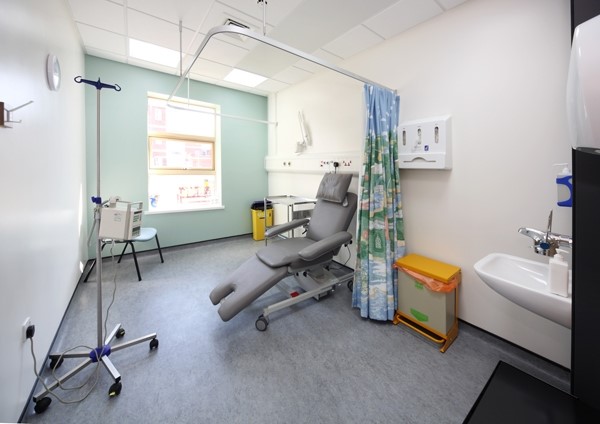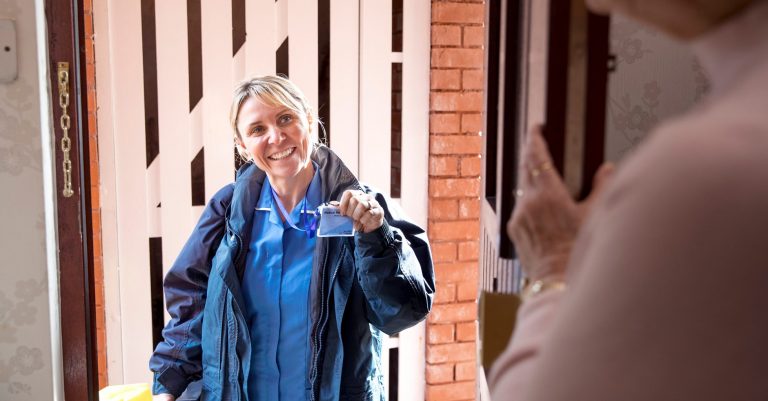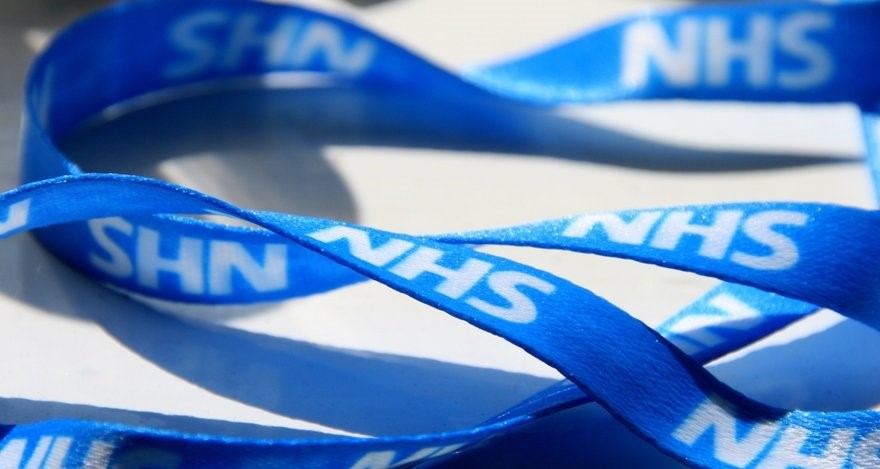One of the supporters of Left Horizons has sent us this account of their personal experience of the NHS workers, the conditions they face now, and the complex teamwork needed to deliver care to patients.
It’s Friday afternoon – time to get in the car and go see my drug pushers! Joking aside, I am preparing to go to the local hospital to receive my chemotherapy, where anti-cancer drugs will be pumped into my body. It is not that I want any sympathy, but as a long-term user of the NHS I would like to comment on the NHS workers and the conditions they face now.
Chemotherapy is delivered in a specialist ward with no beds, just electric arm chairs that you can recline in and have a quick sleep if so desired. Covid has had an effect on patient treatment, as chemotherapy patients will suffer from immunisation suppression therefore strict conditions apply, with bays being reduced by 33% to ensure social distancing and the turnaround time for patients extended to maintain the disinfection regime.
Each round of treatment takes around three hours, so in the 8 to 5 shift, three patients should be treated per bay. However, with Covid restrictions, the number of patients receiving treatment has halved. Each patient has a named nurse to ensure that the correct sequence of the treatment is maintained. However, the nursing shortage can be seen, with nurses doubling up on patients and yet preserving a state of calm, with a light–hearted atmosphere.

The process starts with the need to get some saline and pre-meds into your body. For some patients, that means inserting a catheter into a vein but, for a lot of chemo patients, trying to locate a vein can be difficult and painful, so the majority of patients opt for a Peripherally Inserted Central Catheter (PICC line) to be fitted.
Community nurses
The PICC line enters a vein in the arm and is guided by X-ray to a large vein entering the heart that can remain in place for more than six months. It requires additional maintenance, such as weekly flushing with saline to ensure the line is not blocked by blood clotting and the entry point needs re-dressing to maintain hygiene. This calls on community nurses to visit your home.
Prior to chemo session, a blood sample has to be taken two days before, to ensure that your body is able to take on the concoction of drugs. Any negative result puts an additional strain on the healthcare staff, with specialists preparing transfusions which are needed to be made up in order to counter the negative blood result. A bed has to be found so the patient can be monitored. At the height of Covid this is not easy with bed shortages, so bed administrators are pulling daily miracles out of the hat.
Strict procedural protocols must be followed by the nursing staff. Uppermost, is patient identity. The wrong chemo could kill! These are powerful drugs and have to be mixed with saline to ensure no damage occurs to walls of veins, so each cocktail of drugs is made up by a specialist pharmacy technician and delivered to the ward just prior to the treatment. The nursing staff are all either senior nurses or junior sisters, as experience is essential to avoid clinical errors.
A named nurse needs to call on the help of another nurse to check and verify the correct drug and strength against the prescription the consultant haematologist has set. Once signed off, the chemo bag is put into a bright orange cover to indicate chemo is being used. We sit and wait as the electric pump (a clever piece of engineering) monitors the flow of chemo at the approved rate. Once the correct amount has been introduced, the monitor on the pump will sound an alarm.
Tory myth
Just because it is a day ward does not mean the hospital will not feed you. As a lot of patients are elderly, it is essential that food intake is maintained. Catering staff will bring food options. As it is a Friday, fish & chips goes down well. Other staff you will come into contact with are “domestics” but this is a Tory myth used to flog these hospital workers to the cheapest contractor. A specialist infection control cleaner is needed to keep everyone safe. The infection control cleaner I came across was an Afghan woman. What common ground did me and this muslin women have to share? Very simply, a universal problem of getting thirteen-year-old sons to do their bloody homework.

The clerical staff in the department have the task of pencilling in your next appointment and ensuring that you go home with the right blood test request forms. A huge amount of information is needed to be processed at each visit, such as the patient’s weight, temperature, blood pressure and oxygen saturation so that the correct clinical decisions can be made, but this information needs to be shared. On a multiple hospital site, this relies on IT systems, so the consultant based in one hospital can prescribe the correct chemo to the pharmacy in another hospital, to be delivered to a third hospital in the Trust.
This may seem like simple logic but Tory privatisation has wrecked IT support in the NHS. Each hospital trust has gone separate ways to purchase IT systems, so much so that it is difficult for one system to communicate with another. An example of this was when I collapsed in London and was taken to UCH hospital. A CT scan showed the need for me to have a brain operation. I was given the option to be operated on in London or to return home for a local hospital to operate. As I chose home, I was given a CD with my CT scan image on it to hand over to the neurosurgeon because the two IT systems would not talk to each other!
Thankful the NHS is free
I am thankful that the NHS is free, otherwise I would not be able to afford such treatment. Totting up just the labour costs of all the staff who help me, and only for the direct time given to me, it comes to £112.43 for the session and I am grateful I do not live in the USA where insurance system charges for each item of treatment. So the bill in the USA would be thousands of dollars. So much for market efficiencies!
As I am coming to the end of the treatment, a parcel from pharmacy arrives – more drugs to be taken between treatments. The connection to the pump is taken away and PICC line area is sterilised and dressed.
The nurse notices I have been reading the Left Horizons booklet, “Where is the Labour Party going” and comments that Kier Starmer hasn’t done anything for them and is a waste of space, whilst another nurse joins in with a phrase I have not heard before – she described Starmer as an “oxygen thief!”



